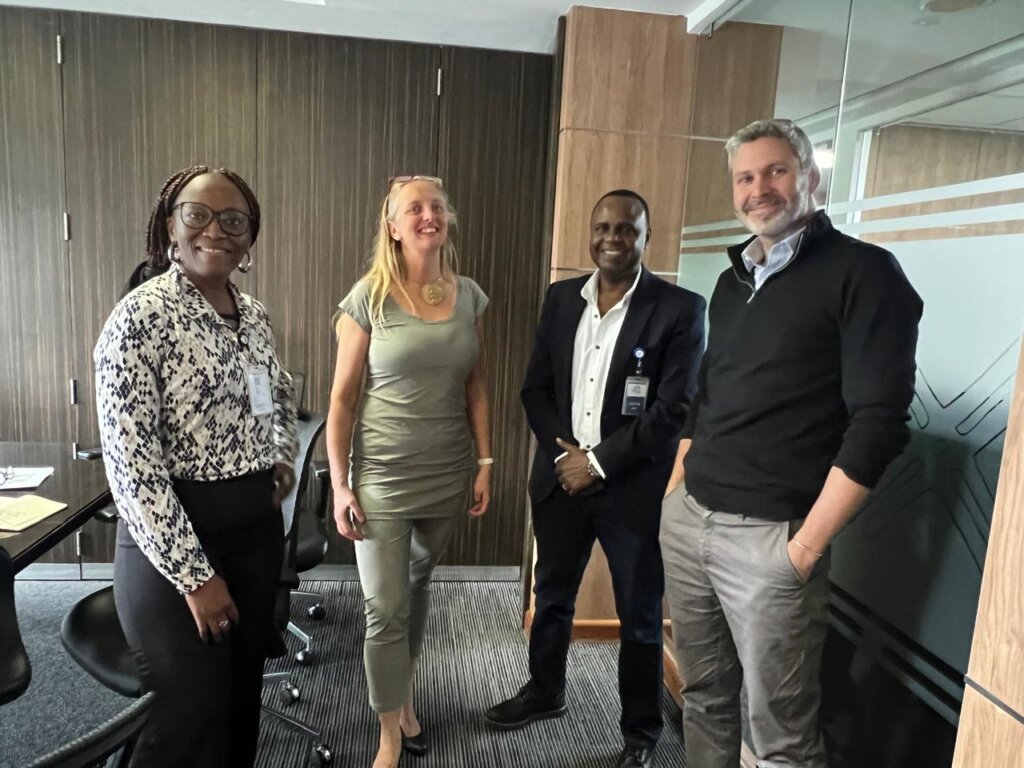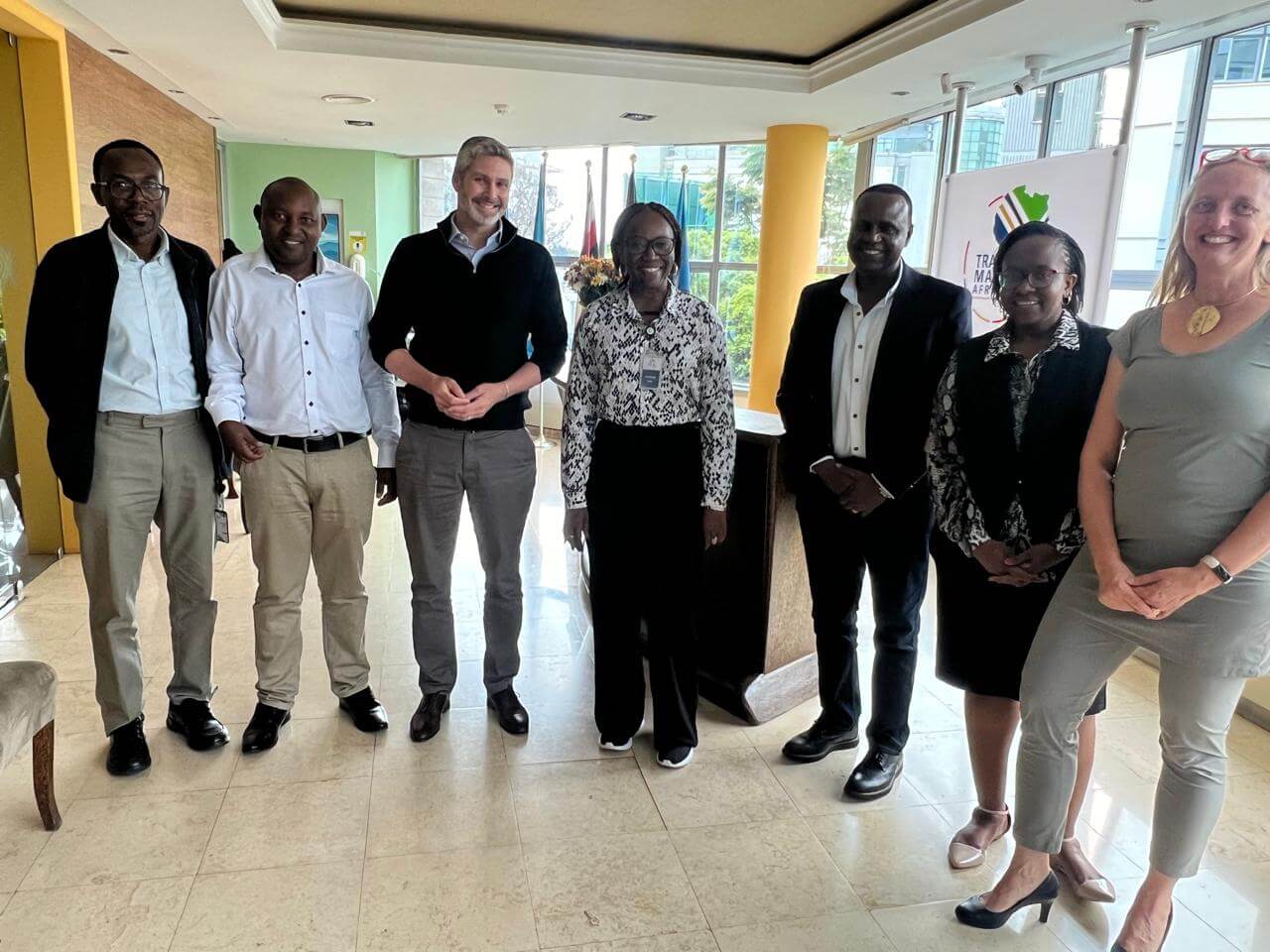In a meeting held in Nairobi, TradeMark Africa (TMA) and the Centre for International Studies and Cooperation (CECI) discussed the roll out of the Making Trade Work for Women in West Africa (MTWW) programme. Funded by Global Affairs Canada (GAC), the programme is designed to break down gender-specific barriers that restrict the participation of women and young people in trade across six West African countries: Burkina Faso, Ghana, Côte d’Ivoire, Togo, Benin, and Nigeria.
The MTWW programme is set to directly impact 80,000 individuals – 70% of whom are women and 20% youth – while indirectly benefiting an additional 20,000 traders. It seeks to enhance trade value, create employment opportunities, strengthen supply chains, and improve the trading environment in the region.

Some of the major interventions include gender sensitive training for women traders, policymakers, and border officials, the introduction of innovative solutions such as ICT tools, mobile money, and financial service solutions tailored for women traders and implementation of “smart border” solutions. Additionally, the programme will support upgrades of markets and border facilities and strengthen gender-responsive trade policies through inclusive stakeholder dialogue. The CECI delegation, led by Bonaventure Wakana, Director of International Programmes and Innovation, and Madeleine Tsimi, the Programme Manager for MTWW, expressed optimism about the programme’s transformative potential for integrating women and young traders into the trade systems, while supporting regional integration efforts in West Africa.
TMA was represented by Anthe Vrijlandt, Director of Strategy and Partnerships, and Harriet Gayi, West Africa Lead, who noted the extensive groundwork already laid out for the programme’s success. “This partnership marks an important milestone in our commitment to empowering women traders and enhancing inclusive trade practices across West Africa,” Vrijlandt remarked. She emphasised the importance of continuous stakeholder engagement to align on expectations and
monitor progress toward the programme’s milestones and impact. The MTWW programme will also collaborate with other partners such as the Economic Community of West African States (ECOWAS), the African Continental Free Trade Area (AfCFTA) Secretariat, and other national and regional stakeholders to achieve its goals.















